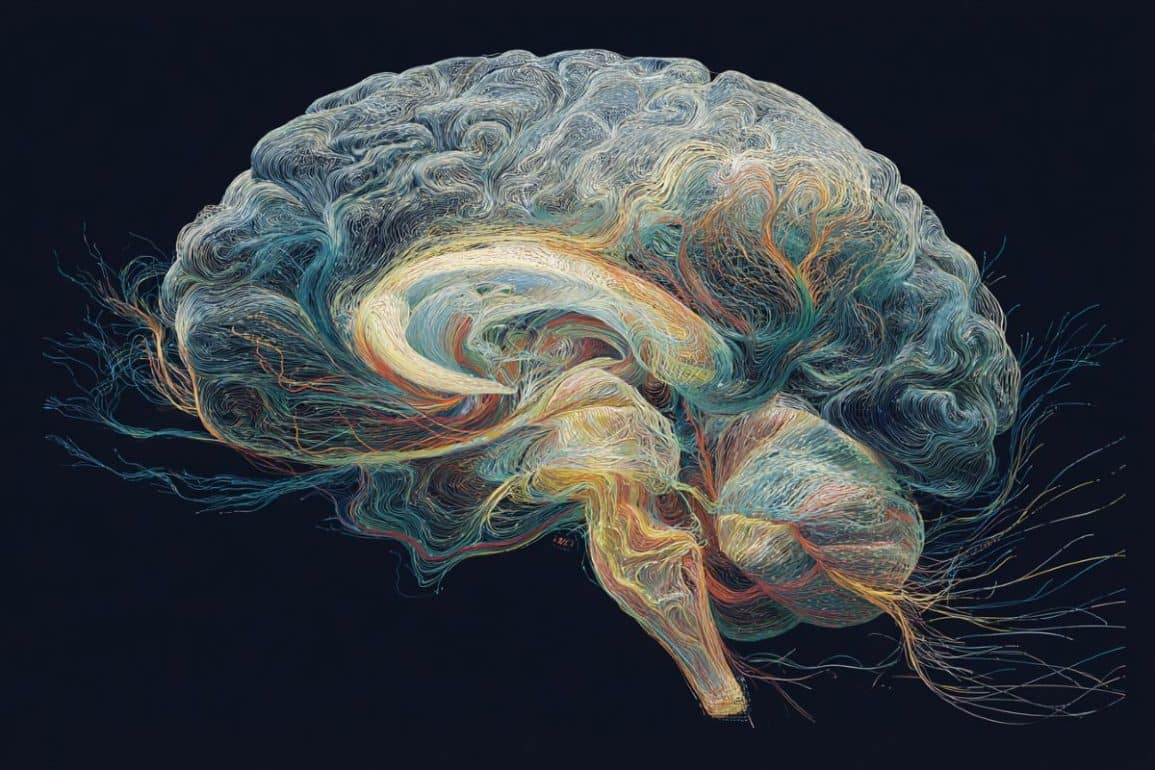Category: Brain
Brain Blends Fast and Slow Signals to Shape Human Thought
 Researchers mapped the brain connectivity of 960 individuals to uncover how fast and slow neural processes unite to support complex behavior. They found that intrinsic neural timescales—each region’s characteristic window for processing information—are directly shaped by white-matter pathways that distribute signals across the brain. Individuals with a closer match between their wiring and regional timescale demands showed more efficient transitions between behavior-linked brain states.
Researchers mapped the brain connectivity of 960 individuals to uncover how fast and slow neural processes unite to support complex behavior. They found that intrinsic neural timescales—each region’s characteristic window for processing information—are directly shaped by white-matter pathways that distribute signals across the brain. Individuals with a closer match between their wiring and regional timescale demands showed more efficient transitions between behavior-linked brain states.
Youngest Person to Be Diagnosed With Dementia in Britain Dies at 24
 There’s so much we still don’t understand.
There’s so much we still don’t understand.
Scientists Decode Sleep Patterns to Forecast Your Future Health Risks

The findings suggest that sleep patterns contain far more information about future health than previously recognized.
The post Scientists Decode Sleep Patterns to Forecast Your Future Health Risks appeared first on Study Finds.
When Dementia Hits A Marriage, Husbands And Wives React In Opposite Ways

Growing old together often means facing health challenges as a team, but a new study reveals a startling gender divide when cognitive decline enters a marriage.
The post When Dementia Hits A Marriage, Husbands And Wives React In Opposite Ways appeared first on Study Finds.
Biophobia On The Rise? Why Growing Fear of Nature Could Harm Public Health and Conservation

Scientists have a name for the creeping dislike or even fear many people feel toward nature: biophobia.
The post Biophobia On The Rise? Why Growing Fear of Nature Could Harm Public Health and Conservation appeared first on Study Finds.
Misophonia Has Genetic Links to Anxiety And Depression, Study Reveals
 A profile of this mysterious condition is emerging.
A profile of this mysterious condition is emerging.



























